In the pursuit of Education for all: Five stories of courage, ability, and innovation
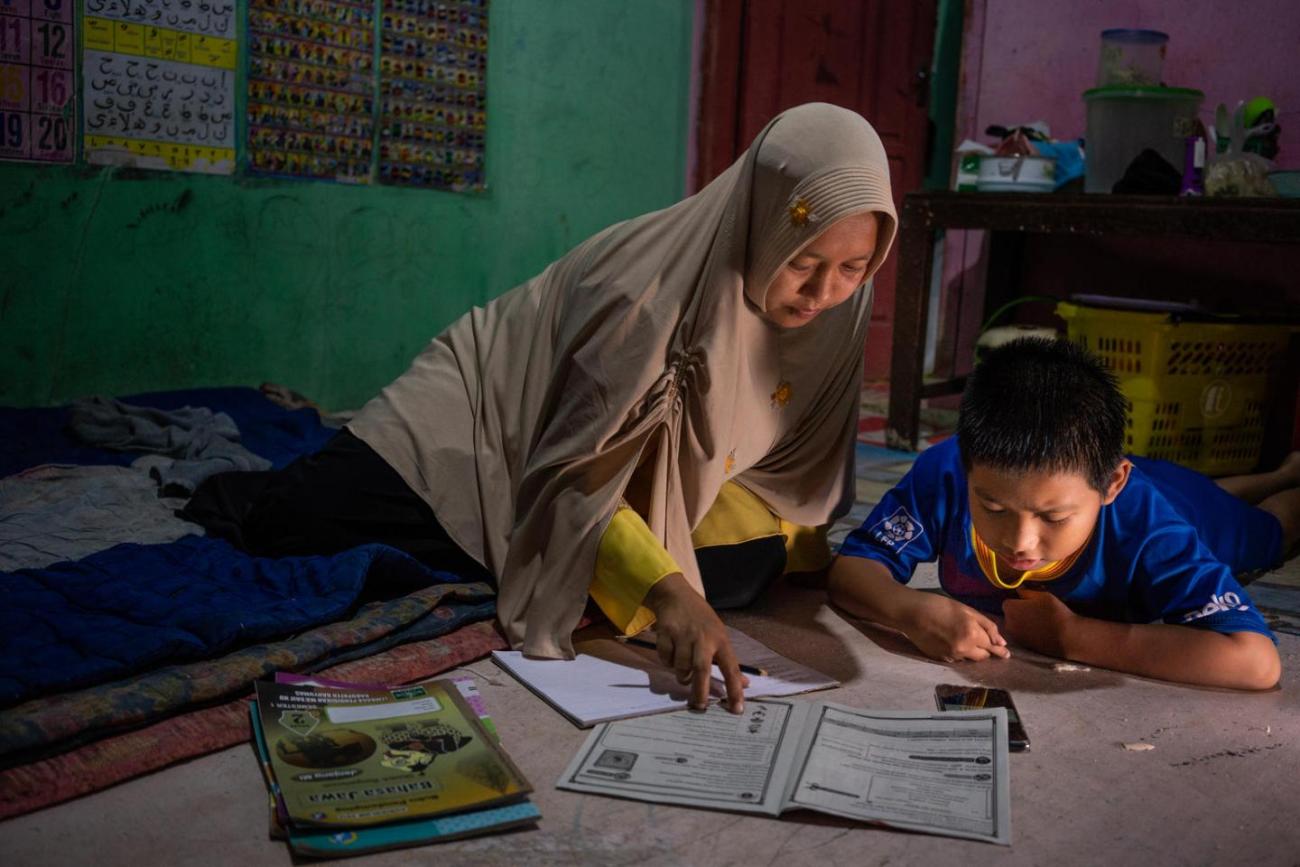
Education is a basic human right. Yet, 773 million adults around the world cannot read and write. The situation has been exacerbated by the COVID-19 pandemic, which prompted many schools to close to try and mitigate the spread of the virus. As UN chief António Guterres recently tweeted, this continues to disrupt the lives of more than 31 million students around the world.
Today, on International Day of Education, let us take a moment to reflect on the value of learning, and consider, through the lenses of five stories of people from different regions, cultures, age groups, and abilities, how we could support the work of UN country teams established across 162 countries and territories around the world on making education accessible for all.
There are times when communities and organizations are mobilizing to facilitate access to quality education, often in the face of enormous challenges. Individuals take matters in their own hands too, recognizing the importance of learning to a peaceful and prosperous life. Here are some of their stories in the on-going quest to acquire greater knowledge to put at the service of our people and our planet.
Making science experiments more accessible through VR
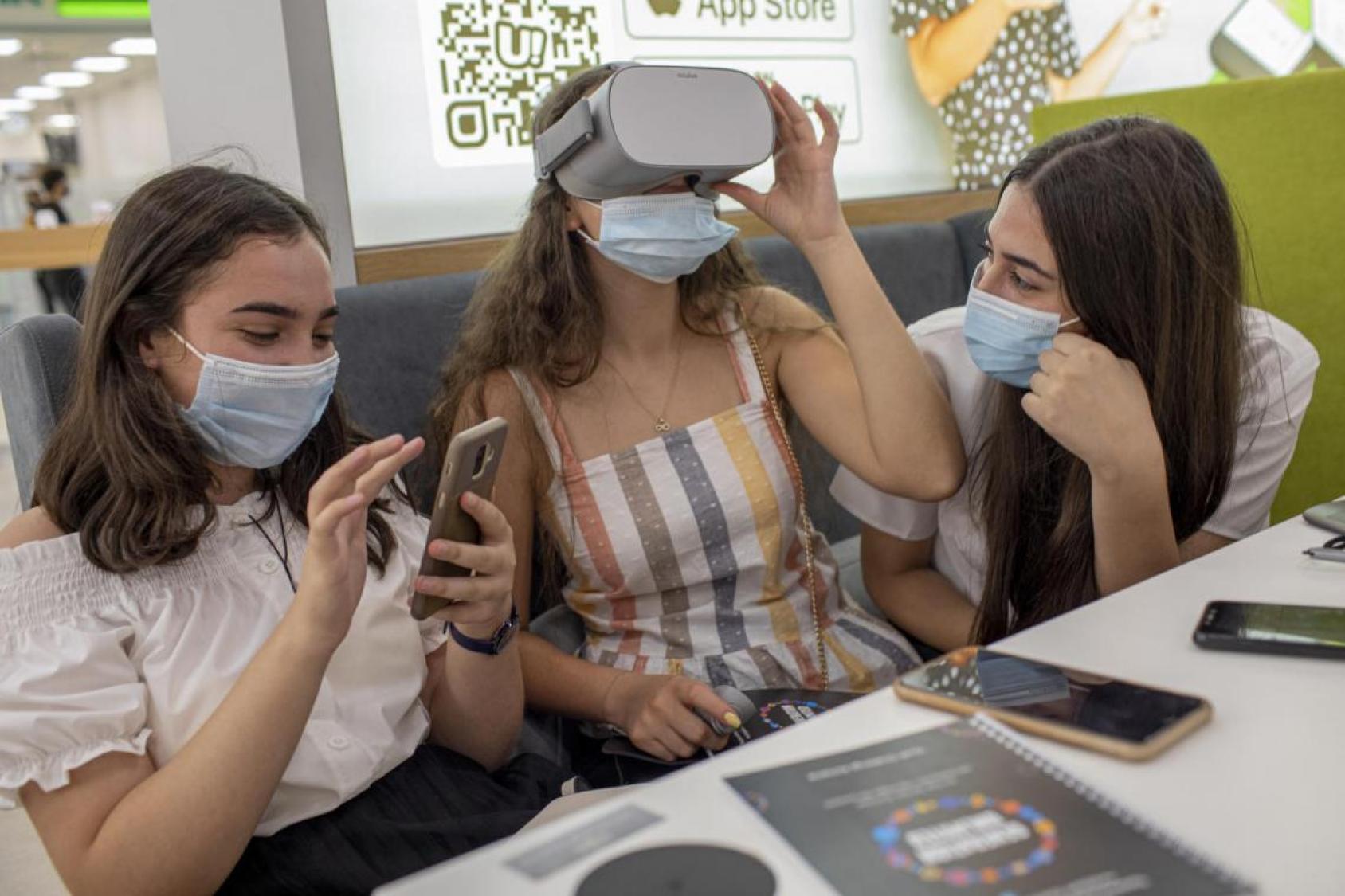
Well-equipped laboratories make science experiments engaging and fun. But what if schools cannot afford the set up and maintenance costs? Could they rely on technology as an alternative?
That is exactly what four Armenian high-school students have shown, leveraging the power of VR – or Virtual Reality – to simulate chemistry lab experiments safely and economically.
One of them, 16-year-old Hasmik Baghdasaryan said that she was driven by the belief “to make a positive impact” through knowledge and science.
One of her project partners, 18-year-old Satenik Harutyunyan, explained the team “explored a few different options,” but ultimately settled on using VR as the most cost-effective, instructional, and practical approach.
Their “VR Labs” project won the Generation Unlimited Youth Challenge in Armenia, a contest showcasing youth-led innovation that is organized by UNICEF and UNDP.
The students plan to pitch the concept to the Armenian ministry of education and science and hope the initiative will inspire others — especially girls — to pursue studies in science.
Read more about Hasmik, Satenik, and their team’s “VR Labs” concept.
The power of remote learning keeps education going for Indigenous families
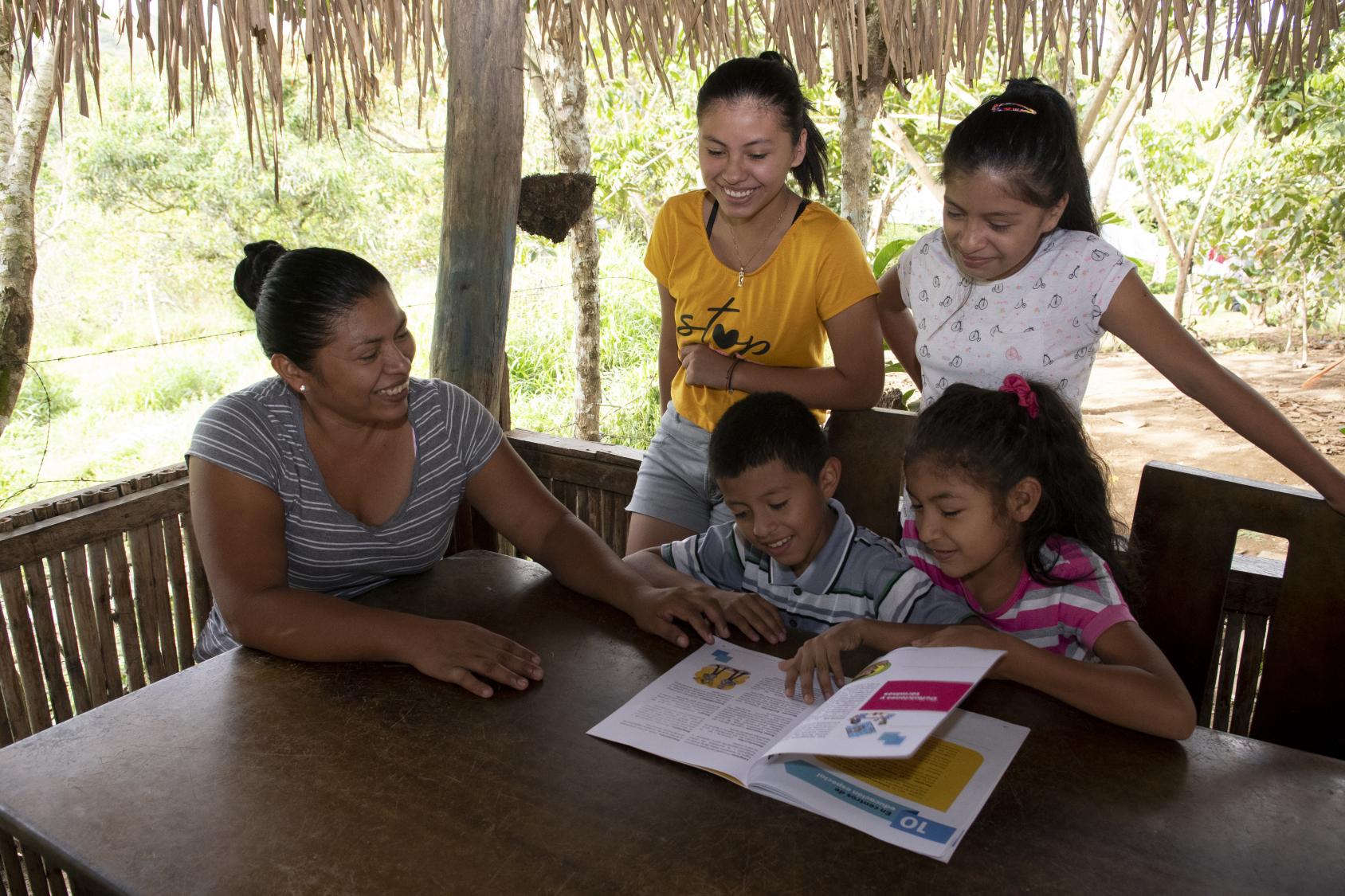
More than 104,000 Indigenous people live in Costa Rica across eight different communities. Approximately 41% of this population is falling behind with their learning. This reality has been aggravated since COVID-19 disrupted access to in-person learning.
The Hidalgos, a family of two adults and four children living in the Indigenous territory of Boruca, in the Puntarenas province of Costa Rica, belong to this group.
But rather than giving up on their education in the face of these difficult challenges, the Hidalgos are leveraging the power of remote learning programmes to continue with their schooling.
Evelyn Hidalgo raises her three daughters and son while also “studying and writing [her] final paper with [her] tutor on Zoom.”
For his part, her nine-year old son Enoc, who “enjoys being at home,” studying with his family and sisters, is continuing with his fourth-grade schoolwork through distance learning.
UNICEF and UNESCO are providing support to national remote learning programmes, while contributing to the implementation of the Government’s strategy for the safe and progressive return to in person learning.
Read more on the Hidalgos’ experience with remote learning.
Public-private partnership boosts access to vocational training
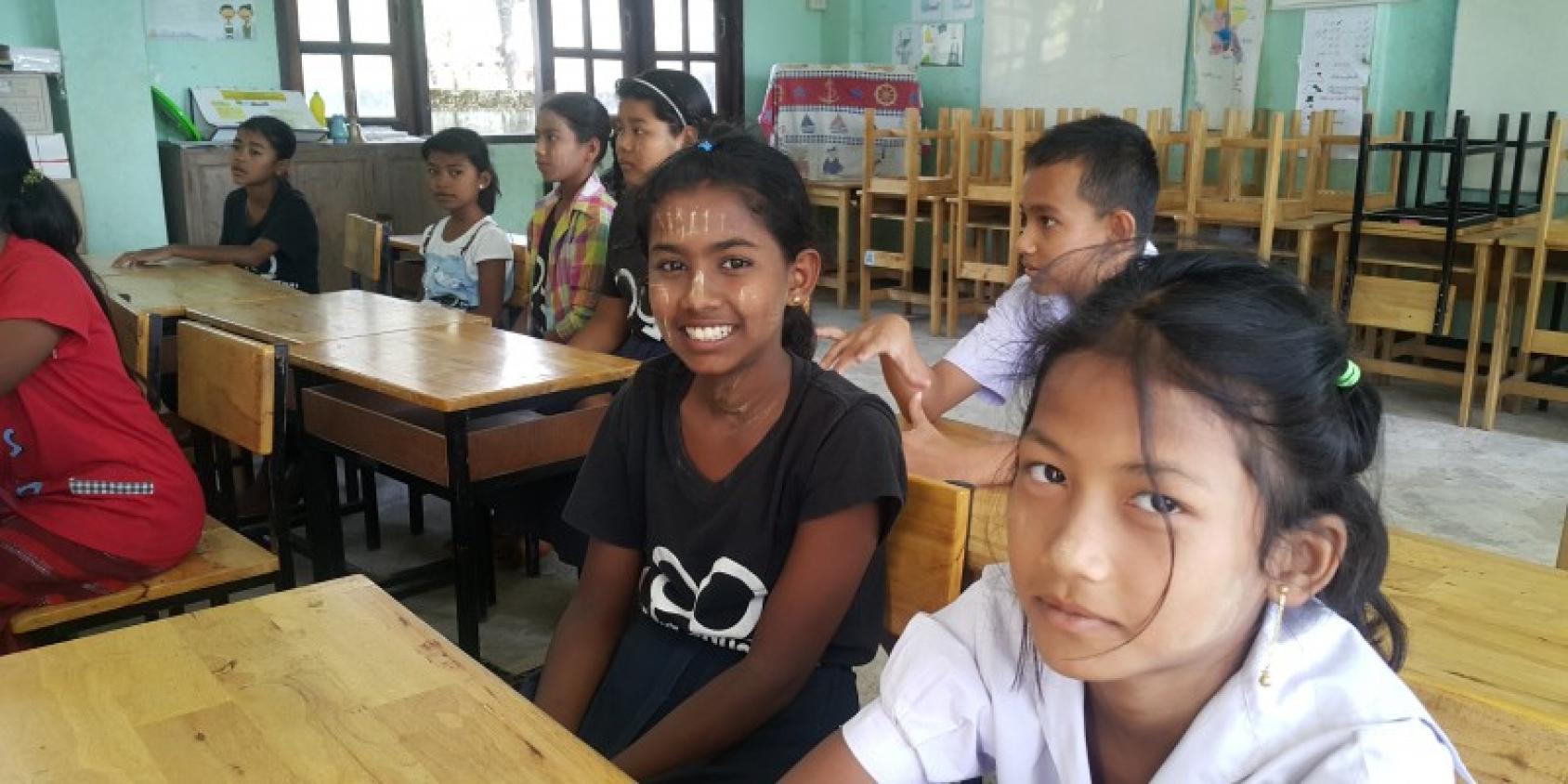
Somrudee, a 28-year-old village health volunteer struggled when she tried to draft proposals to support underprivileged women in her community. They were seeking funding to start a business and earn additional income during the COVID-19 pandemic.
Despite her benevolence and enthusiasm, Somrudee did not have the skills to proceed. Her prospect, and that of the women she hoped to support, seemed bleak.
That is when Somrudee turned to “Accelerating Thailand,” a public-private partnership initiative involving Microsoft Thailand, the Thai Government, UNESCO Bangkok and other organizations. This project aims to provide computer and other technical trainings to adults and young people in Thailand.
Somrudee enrolled and learned to prepare project proposals. Soon, she put her struggles behind her. “The officers praised me for getting the budget approval done on my own,” she beamed, referring to the task she could not complete earlier.
Somrudee joins the ranks of more than 100,000 people who took part in the “Accelerating Thailand” initiative, nearly 23,000 of whom reported to have improved their personal and/or professional situations.
Read more about Somrudee’s story and the ‘Accelerating Thailand’ initiative.
Unlocking the ability to read, write, and see using the key of learning
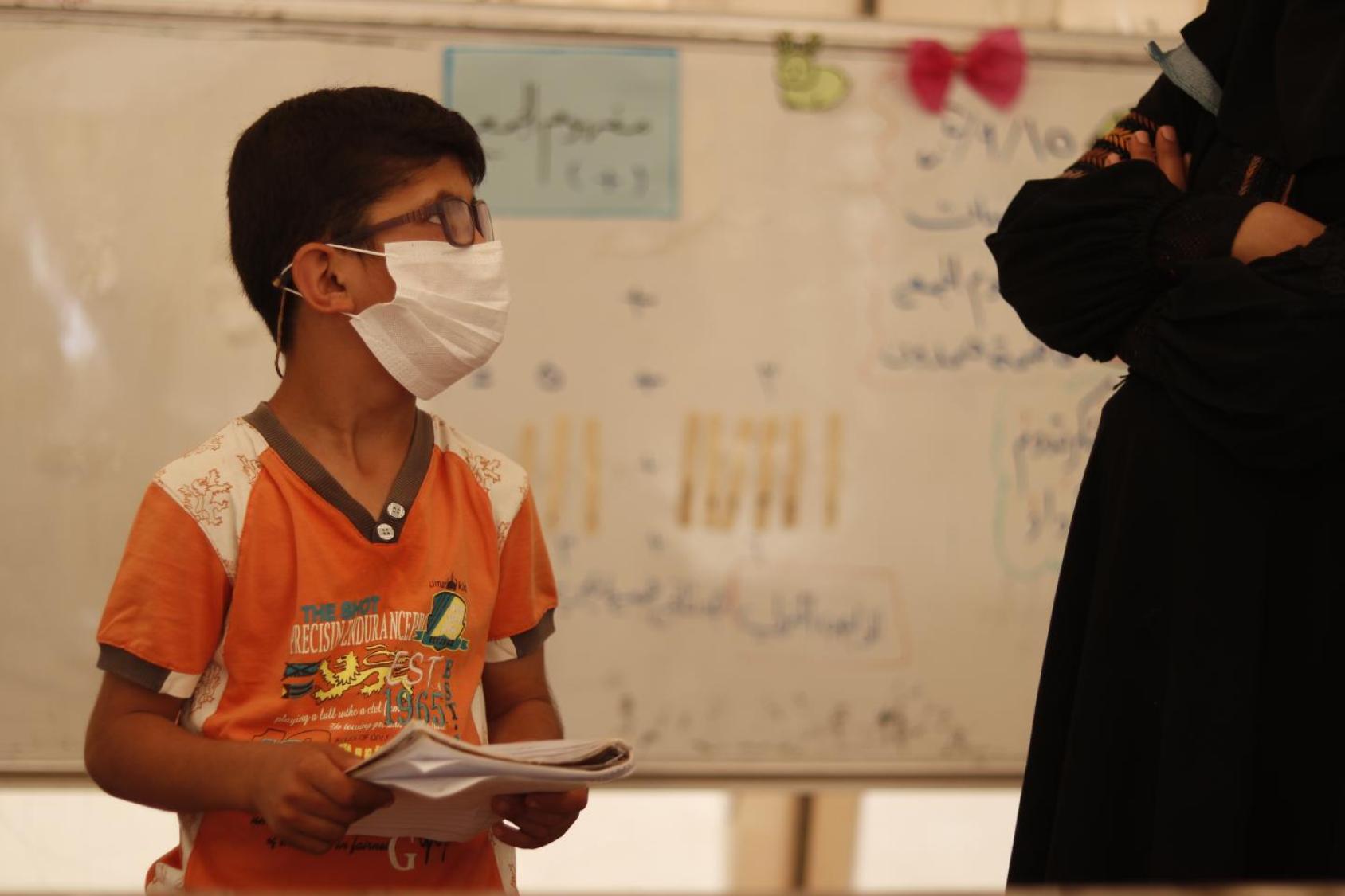
“My teachers taught me to read and write in a way that was easy for me.”
These are the words of Rafat, a gangly nine-year-old bespectacled young boy from Syria who has been overcoming several challenges to learn how to read and write. Rafat and his family had to leave their home due to violence. And for the nearly two years that he was displaced, Rafat could not attend school.
That was until, a learning centre supported by UNICEF and Education Cannot Wait, the UN global fund for education in emergencies and protracted crises, opened in their neighbourhood.
It was not an easy transition back to school for Rafat, because he could also not see very well, and was bullied, as a result. However, he persevered. With the skills that he has learned, and the eyeglasses he got from the centre to see better, Rafat has acquired newfound confidence.
“Through attending school, I realized how beneficial education is for my future, and that it will help me succeed in life,” he said emphatically.
Read more about Rafat’s learning experience and newfound confidence.
Embracing a learning journey over the perils of a migratory trek
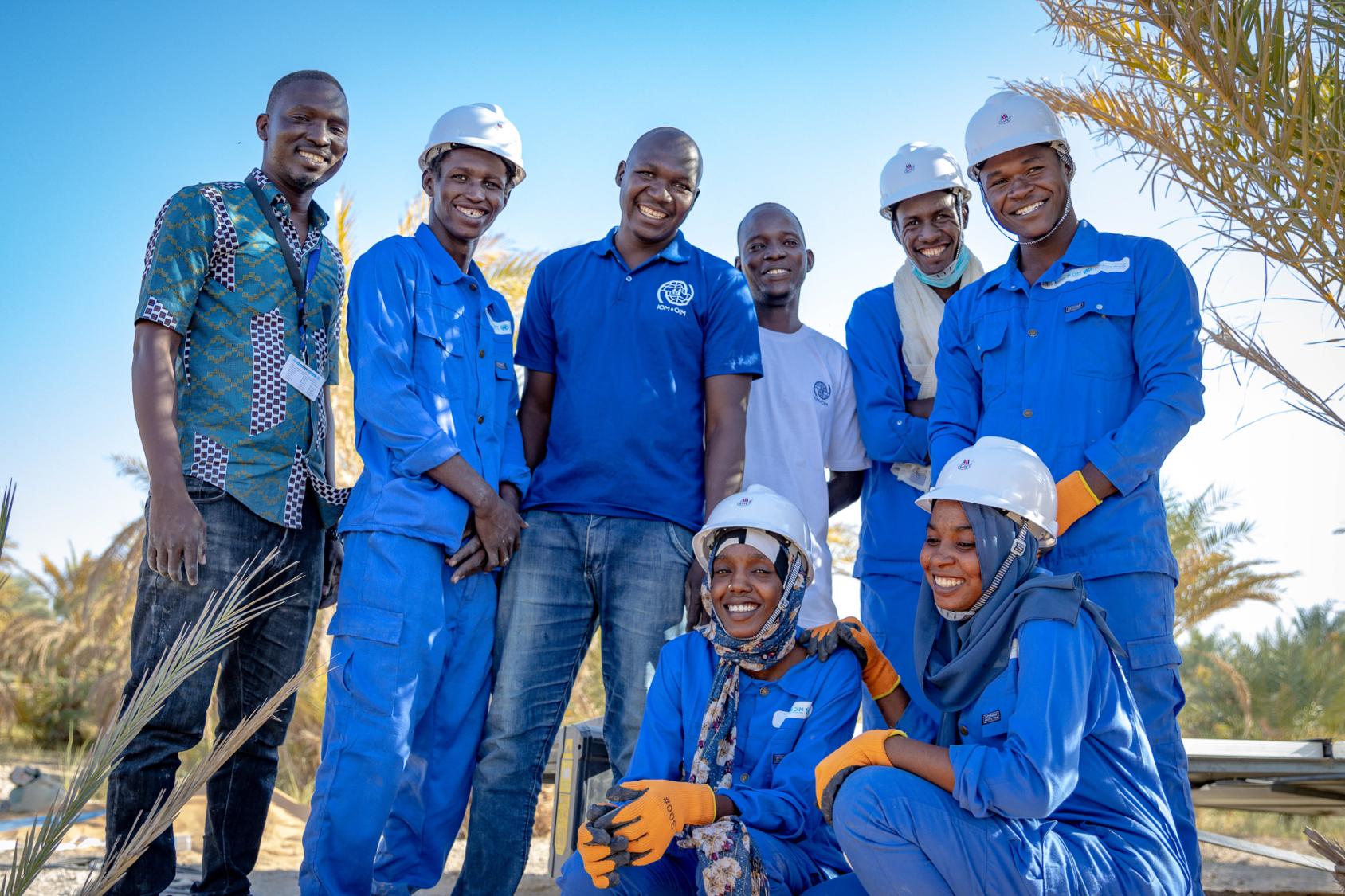
Due to a lack of training and a slow job market, some young people in Northern Chad feel that they have no choice but to leave the country for better opportunities.
One of them, 23-year-old Hamid, dropped out of school at age 16 and wanted to follow his friends to Libya. After four unsuccessful, perilous attempts to migrate there, he changed his mind and decided to stay in Chad. But he couldn’t go back to high school because he was “too old.”
Instead he went to study electrical engineering through a vocational training programme jointly implemented by IOM and WFP in the northern town of Faya via funding through the UN Peacebuilding Fund.
Hamid “saw it as an opportunity to gain a skill and reinvent [himself],” boosting his chances at finding a well-paying job.
As part of a project called “Empowering youth to become peacebuilding agents,” the initiative is designed to provide young people in Northern Chad with the skills to become socio-economically independent and contribute to an equitable, peaceful community.
Read more about Hamid’s journey to better his life through education
This year, International Day of Education will be a platform to explore how we can work together to nurture the most important transformations that are needed to achieve our fundamental right to education and build a more sustainable, inclusive and peaceful world for all.
UNESCO, which is the United Nations Educational, Scientific and Cultural Organization, is taking the lead on marking the Day, preparing a concept note for this year’s commemoration.
Compiled and edited by the communications and results reporting team at the UN Development Coordination Office in New York, with much appreciation to the contribution from colleagues around the world, including our UN teams in Armenia, Chad, Costa Rica, Syria, and Thailand where the materials that inspired this article were originally published.
To learn more about the results of our work in this area and other initiatives to accelerate progress towards the Sustainable Development Goals, please read the dedicated section of the UNSDG Chair Report on DCO.













